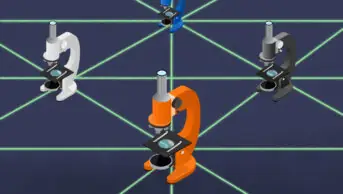
© Cultura Creative (RF) / Alamy
Published studies are thought collectively to overestimate the efficacy of antidepressants for treating major depressive disorder by 32%. But reporting bias has not been examined for trials of second-generation antidepressants used for other conditions, like anxiety disorders.
Researchers therefore used data from US Food and Drug Administration (FDA) drug approvals and compared them with published data. Trials that the FDA deemed positive were far more likely to be published than those deemed negative, indicating publication bias (40/41 positive trials compared with 9/16 negative trials; P<0.001). Evidence of outcome reporting bias or spin was also found in six of the negative trials that were published.
Overall, the literature inflated the effect size by 15%, compared with the FDA, say the researchers in JAMA Psychiatry
[1]
(online, 25 March 2015).

